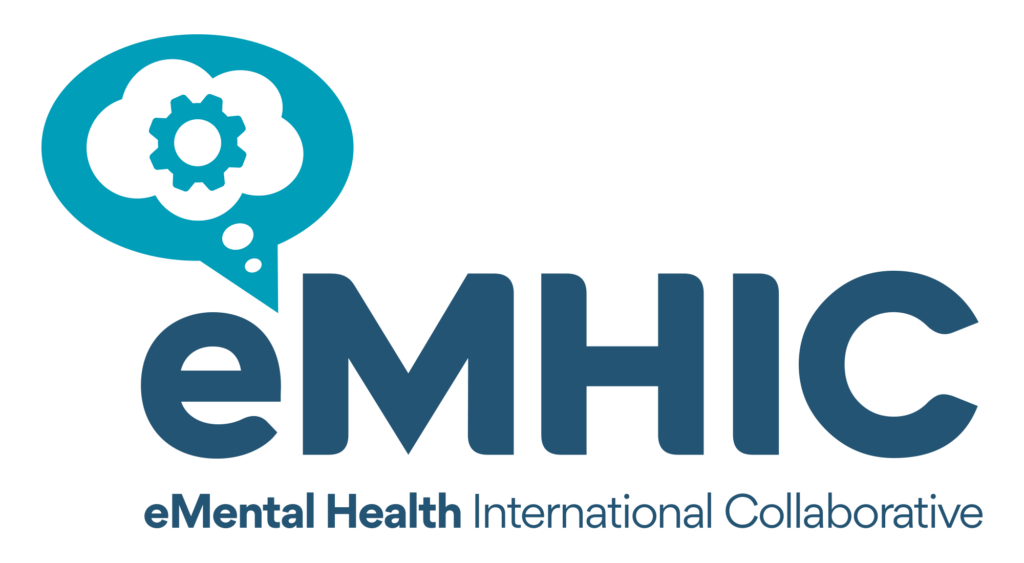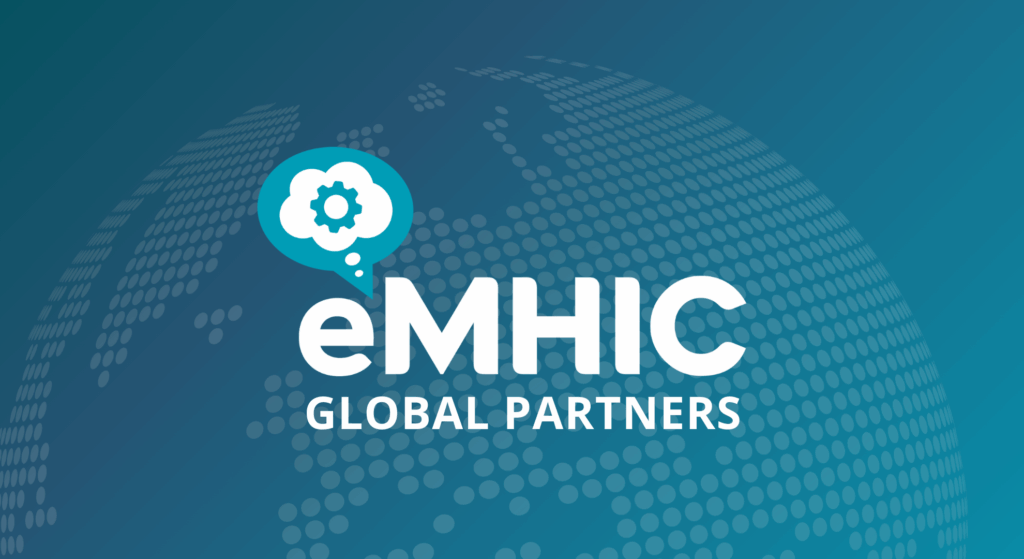Artificial intelligence (AI) is becoming a powerful tool in mental health care, offering new ways to support clinicians, enhance patient care, and streamline administrative tasks. As AI continues to evolve, its applications in healthcare are expanding rapidly.
A recent article explores how AI is being used in mental health settings, covering key areas such as:
-
Administrative efficiency – AI automates scheduling, billing, and documentation to reduce clinician workload.
-
Clinical support – AI-powered tools aid in early detection, digital therapeutics, and real-time symptom monitoring.
-
Training enhancements – AI can simulate patient interactions and provide insights to improve clinician training.
-
Ethical considerations – Ensuring transparency, data privacy, and fairness remains a critical focus.
-
Regulatory landscape – Efforts from global organizations, the EU, and U.S. agencies are shaping AI governance in healthcare.
As AI’s role in mental health care grows, it’s essential to stay informed about its benefits, challenges, and best practices.
Read the full article here: https://www.apa.org/practice/artificial-intelligence-mental-health-care







